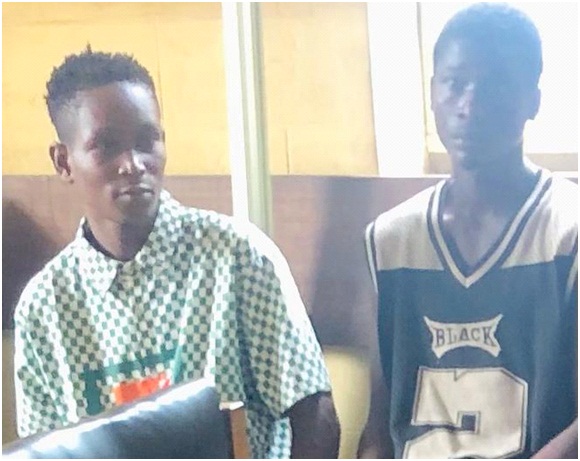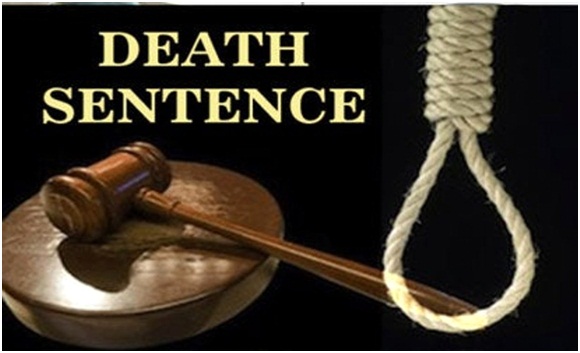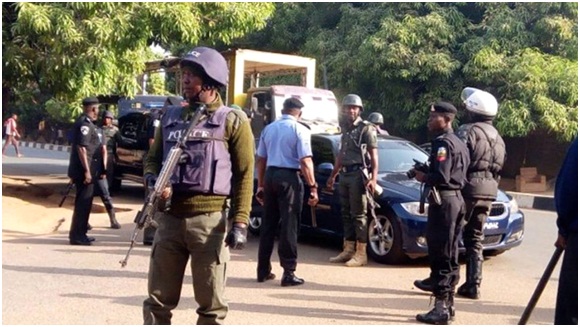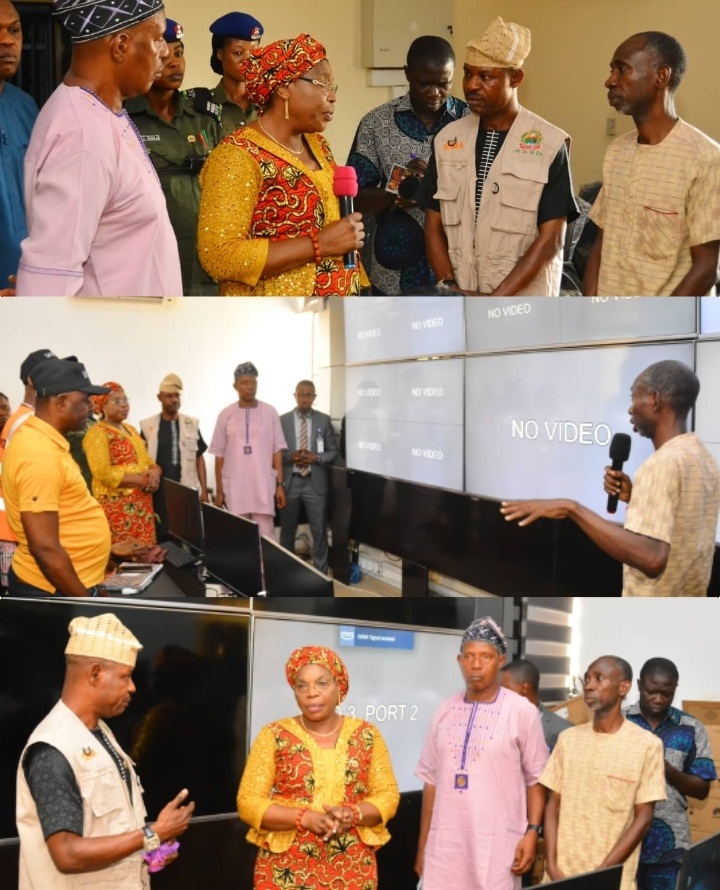Insecurity and the call for foreign assistance
By Babatunde Ayedoju
|
The issue of security has become a very topical one in Nigeria today. Gone were the days when people could walk freely on the streets without any fear of being waylaid. Gone were the days when people lived communal life, when people in a community knew one another very well and there was little or no fear of any form of invasion from external forces. There was a generation that built houses and there was no need for a big gate or any tall and electrified fence. Time was when a parent could send his children on errand and would be sure that those children would return home safely.
Alas! The rhetoric has changed. Like an ancient writer once noted, village life has ceased. We are now in an era when we can no longer trust even the closest of our neighbours, because no one knows who the real enemy or foe is.
Our dear nation, Nigeria, has now degenerated to a society where to even embark on a two-hour journey is no longer safe. People now have to pray and probably fast before they can move from one State to another. As good as agriculture is projected to be, the mainstay of the future economy or the sure way forward, people can no longer go into farming without first raising questions about their safety in the farm.
Education is the best legacy, but when a child goes to school now, especially a higher educational institution, the parents are apprehensive until the child comes back home safely. From Boko Haram to herdsmen, bandits and kidnappers, Nigerian newspaper headlines are full of sad tales.
The stories of 276 school girls abducted in Chibok Local Government Area of Borno State in 2014 and several other students of Government Girls Science and Technical College, Dapchi, Yobe State on 19th February, 2018 are still fresh in the memory of many Nigerians. Both attacks were attributed to the Boko Haram terrorist group. Many of the captives are believed to still be in captivity, though some were reported to have been released.
February this year, armed bandits abducted over 300 school girls from their boarding school in Jangebe, Zamfara State. That was after over 42 people, including 27 students, were kidnapped in Kagara, Niger State.
More recently, about 22 students and the matron of the female hostel of Green Field University in Kaduna fell into the hands of kidnappers who demanded 800 million naira as ransome, before reducing it to 100 million naira. The abductors reportedly killed five of the captives because their demands were not met.
From Benue down to the South west, there have also been reported cases of farmers being attacked and killed in their farms. This has made some farmers to abandon their farms, as their lives are no longer safe. In some parts of the country, there have been reports of communities being attacked and sacked by suspected herdsmen.
The situation over time seems to have deteriorated. However, violent conflicts are not peculiar to Nigeria. Several countries, both far and near, have also had their fair share of insurgency and some other internal crisis. Among such countries are Egypt, Israel, Somalia, Sudan, Mali, among others. Some of these countries, such as Egypt and Israel, have made giant strides in counter insurgency.
There are also many countries such as the US, UK, France, China and Russia with military and technological might that may be helpful in combating crimes. Will it therefore be a bad idea for Nigeria to seek help from some of these countries that have either experienced the security hiccough that Nigeria is witnessing or at least have the might to combat it?
According to Dr. Simon Ehiabhi from Adekunle Ajasin University, Akungba Akoko, “During the previous administration, Nigeria solicited for foreign private soldiers to aid the country but they were later frustrated by some political elites. To answer the question, I would say that the success of foreign help depends on Government willingness and sincerity of purpose to reduce insecurity in Nigeria. For now, it is difficult to believe that Government is sincere. A sincere government should have tracked and dealt with sponsors of insecurity in Nigeria.”
Also speaking, Dr. Sola Isijola of the Department of Political Science, Adekunle Ajasin University, Akungba Akoko said that there is nothing wrong with seeking help from other countries but, from our own end, we must not relent.
His words, “It is allowed to seek help from other countries but to what extent is the government trying its best? Are the leaders committed to securing the nation? The foreigners will be interested in knowing the efforts we have made internally. It is what we cannot do that we will seek foreign assistance to address.”
The political scientist also noted that there must be commitment, transparency and honesty on the part of our government.
In his own submission, Dr. Adedayo Afe, from the department of International Relations, Adekunle Ajasin University, Akungba Akoko, noted that it is not enough to seek help from other countries, but we also need to show enough commitment to the fight against insecurity in the land.
He said, “If locally we are not ready to make sure security is strong, even if we bring people from outside to help us, that will still not solve the problem.
Dr. Afe also said, “Calling people from outside is good, but let us check ourselves very well to make sure that we are ready to make such a collaboration work. We need to look inwards because our problems are not caused by foreigners and those found culpable must be brought to justice.”
In his contribution, Mr. Samuel Adetuyi, a former commissioner of police, said, “Why not? No country is isolated and no country can be an island of itself. There are situations where some countries have more comparative advantage than others. Naturally, those who are disadvantaged should seek help from others. That is why countries come together at various levels of international relationship. Having said all these, I believe it is a right decision and a right step in the right direction.”









